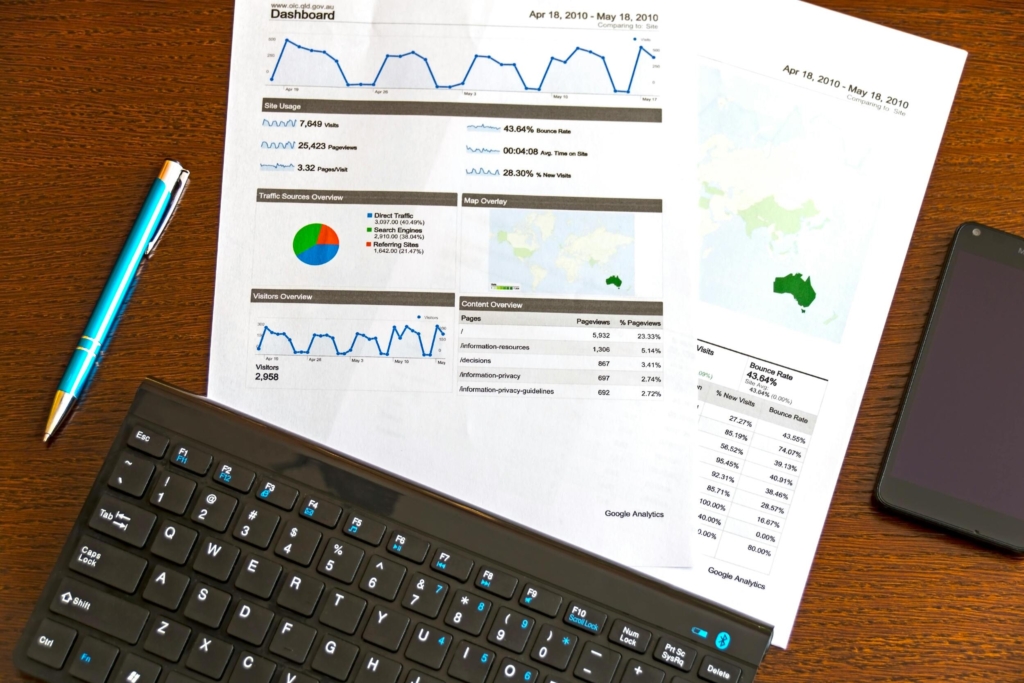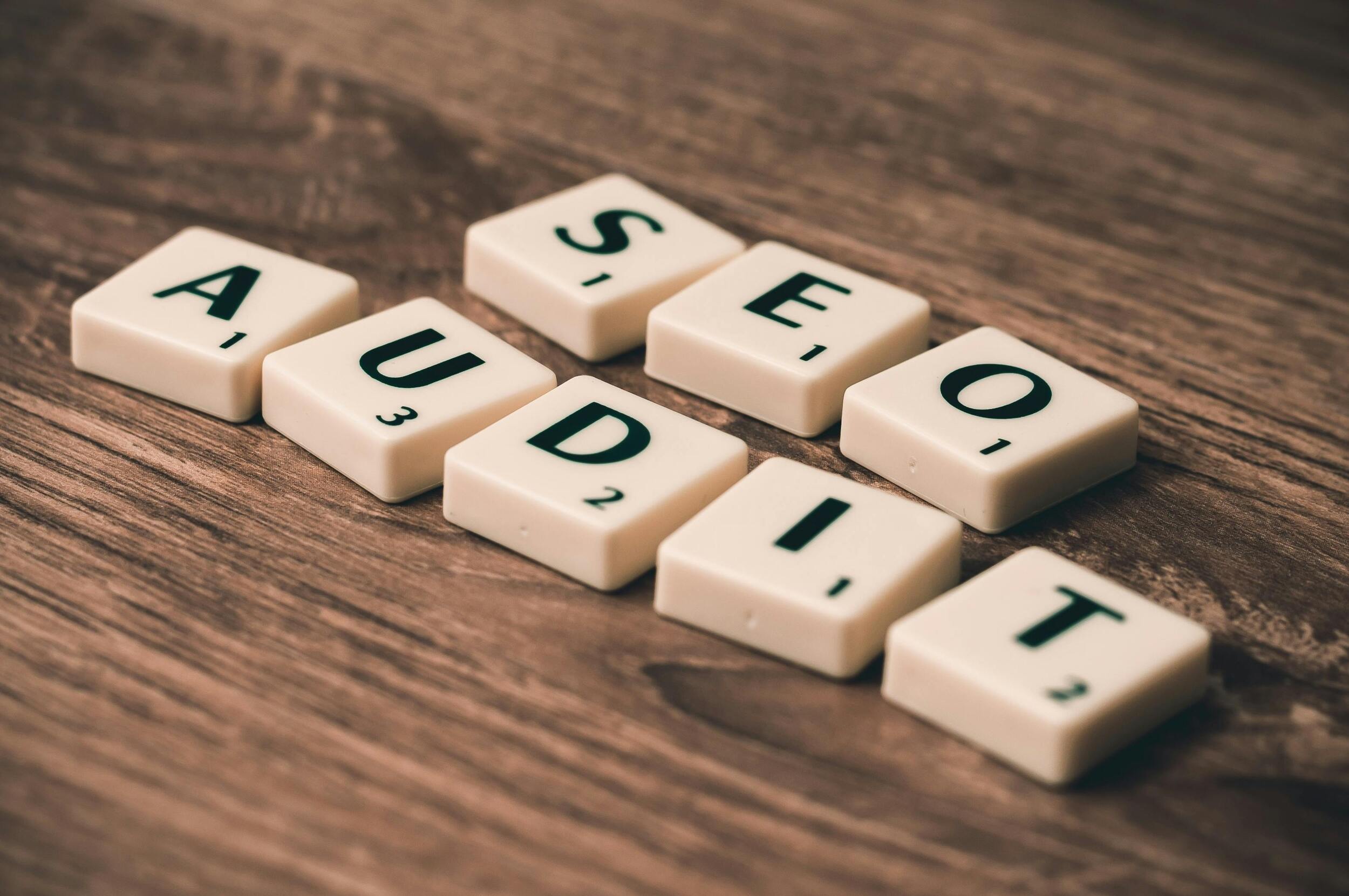In today’s competitive hospitality market, having a strong marketing strategy is key to standing out and attracting guests. Whether you’re a boutique hotel, a large resort, or a cozy bed and breakfast, effective marketing can help you fill rooms, boost brand awareness, and ensure long-term success. This guide will walk you through the essential hotel marketing tactics you need to know—from SEO and social media marketing to reputation management and paid advertising. Let’s dive in and discover how you can elevate your hotel’s marketing efforts!

The Importance of Hotel Marketing
In a world where travelers have countless options for accommodations, hotel marketing helps differentiate your property and establish a strong, memorable brand. Whether it’s through your website, social media, search engines, or online travel agencies (OTAs), marketing provides the foundation for building awareness and encouraging bookings.
A good marketing strategy isn’t just about attracting guests; it’s about attracting the right guests. By crafting targeted campaigns, you can reach those who are most likely to stay at your hotel, whether that’s based on demographics, interests, or travel behavior.
Moreover, hotel marketing is crucial for enhancing brand loyalty. Returning guests are often more profitable than new ones, making it essential to foster long-term relationships through personalized offers, loyalty programs, and excellent customer service.
Understanding Your Target Market
One of the first steps in crafting a hotel marketing strategy is to clearly define your target market. Are you catering to business travelers, families, couples, or solo adventurers? Understanding your audience will guide every marketing decision, from content creation to advertising. For example:
- Business Travelers: They often look for convenience, fast Wi-Fi, and proximity to business districts. A hotel targeting this demographic should focus on professional amenities and easy booking options.
- Families: Family travelers prioritize comfort and space. Marketing should highlight family-friendly features, like larger rooms, kid-friendly activities, and on-site dining options that cater to children.
- Luxury Seekers: These travelers are willing to pay more for a premium experience. Marketing messages should focus on exclusivity, high-end services, and luxury amenities like spas, fine dining, and concierge services.
Hotel Website Optimization
Your hotel website is the heart of your digital marketing strategy. It serves as the primary channel where potential guests discover your offerings and decide whether to book with you. A website that is user-friendly, aesthetically pleasing, and optimized for conversions is essential in today’s digital age.
The design of your hotel’s website should prioritize usability. A clear, intuitive navigation system ensures that visitors can quickly find the information they need, whether it’s room availability, pricing, or amenities. The website should feature high-quality images that showcase your hotel’s rooms, common areas, and local attractions. These visuals help potential guests visualize their stay and make an emotional connection with your property.
A well-optimized website is not just about looks, though. It must also perform well technically, especially in terms of speed and mobile responsiveness. With the growing trend of mobile bookings, it is essential that your website provides a seamless experience across all devices. Slow loading times or difficult navigation on mobile can cause visitors to abandon your site and look for alternatives.
In addition to aesthetic and functional aspects, a hotel website must be optimized for SEO. A well-structured website that ranks high on search engine results increases your hotel’s visibility and drives organic traffic. By using relevant keywords in your content, meta tags, and headings, you ensure that search engines can easily index your site and present it to users searching for hotels in your area.

Hotel Marketing with Nuoptima
At Nuoptima, we specialize in helping hotels scale efficiently through tailored, cost-effective marketing strategies that deliver impressive results. As a digital marketing agency, we focus on driving organic traffic and increasing direct bookings by leveraging our expertise in SEO, content creation, link building, and targeted advertising.
Our in-house team acts as an extension of your business, working to improve your online presence and ensure your hotel ranks higher on Google. We use advanced SEO techniques to boost organic visibility, helping you attract quality traffic without relying solely on OTAs. Our strategic paid advertising campaigns on Google Ads and Facebook Ads ensure your services reach the right audience, converting clicks into loyal customers and enhancing brand awareness.
With a proven track record of increasing traffic, improving conversion rates, and achieving higher ROI for hotels, we pride ourselves on delivering measurable results. We take a personalized approach to every campaign, ensuring it aligns with your specific goals and drives long-term growth. By partnering with us, you can expect increased bookings, improved occupancy rates, and sustainable business growth.
At Nuoptima, we understand that every hotel has unique needs. That’s why we offer custom solutions designed to meet your specific objectives, whether you’re looking to optimize your SEO, launch paid campaigns, or strengthen your brand presence online. Let us help you take your hotel marketing to the next level and drive results that matter.

Search Engine Optimization (SEO) for Hotel Marketing
SEO is one of the most important aspects of hotel marketing. It ensures that your hotel website appears at the top of search engine results when potential guests search for accommodations in your area. Without proper SEO, your hotel may remain hidden behind competitors, even if you offer superior services.
Key SEO Strategies for Hotels:
- Keyword Research: Identify the search terms potential guests are using to find hotels like yours. Focus on both broad keywords (e.g., “luxury hotel in [destination]”) and more specific ones (e.g., “pet-friendly hotels near [landmark]”).
- On-Page Optimization: Ensure that your website’s meta tags, headers, and content are optimized for relevant keywords. Also, include high-quality images and videos with proper alt-text to improve your SEO ranking.
- Local SEO: Many guests search for hotels near specific locations. Optimize your website for local searches by including location-specific keywords and creating a Google My Business profile.
- Content Marketing: Regularly updating your website with relevant blog posts, travel guides, and news about your property can improve your SEO ranking. Content should be informative, engaging, and designed to answer the questions guests might be asking.
Advanced SEO Techniques:
- Link Building: Gain backlinks from reputable websites in the travel industry to boost your domain authority and improve search engine rankings.
- Technical SEO: Make sure your website’s technical aspects, such as page load speed, mobile-friendliness, and secure connection (SSL), are optimized for search engines.
Paid Advertising for Hotel Marketing
Paid advertising, including pay-per-click (PPC) ads and display ads, can significantly increase your hotel’s visibility and drive direct bookings. While SEO is essential for organic growth, paid ads allow you to target specific audiences and attract guests who may not have found your hotel otherwise.
Types of Paid Advertising for Hotels:
- Google Ads: Running PPC campaigns on Google allows you to appear in search results when potential guests are actively looking for accommodations. You can target specific keywords related to your hotel and destination, ensuring that your ads reach the right audience.
- Social Media Ads: Platforms like Facebook, Instagram, and LinkedIn allow you to target specific demographics based on location, age, interests, and behaviors. Social media ads are great for building brand awareness and attracting guests who may be interested in your property but haven’t considered it yet.
- Retargeting Ads: These ads follow users who have previously visited your website but didn’t make a booking. Retargeting helps you stay top of mind and encourage potential guests to return and complete their booking.
Social Media Marketing for Hotels
In today’s digital age, social media is one of the most powerful tools for marketing hotels. With billions of active users on platforms like Instagram, Facebook, and TikTok, social media offers a way for hotels to engage with potential guests, showcase their property, and build a community around their brand.
A strong social media presence is essential for creating brand awareness and attracting potential guests. Hotels should regularly post content that showcases their property’s unique features, amenities, and local attractions. High-quality images, videos, and behind-the-scenes content give travelers a glimpse into the experience they can expect when they stay at your hotel.
Social media also provides an opportunity to connect with your audience on a personal level. Engaging with guests by responding to comments, liking posts, and sharing user-generated content helps build a relationship and encourages loyalty. Many travelers today rely on social media to research destinations and accommodations, so maintaining an active presence is critical for staying relevant and visible in their minds.
In addition to organic posts, social media ads can be a valuable tool for reaching a larger audience. Platforms like Facebook and Instagram allow hotels to target specific demographics based on their interests, location, and behaviors. By running targeted ads, you can reach potential guests who may not have discovered your hotel through organic methods.
Email Marketing for Hotels
Email marketing remains one of the most effective and cost-efficient ways to communicate with past and potential guests. With a well-crafted email marketing strategy, you can increase direct bookings, nurture customer relationships, and encourage repeat business. Key Email Marketing Strategies for Hotels:
- Personalization: Use customer data to send personalized offers and messages. For example, you could send a special discount to guests who have previously stayed at your hotel or offer a birthday surprise.
- Segmentation: Segment your email list based on guest preferences, booking history, and demographics. This ensures that your messages are tailored to the right audience and more likely to be opened.
- Special Offers and Promotions: Use email to promote special deals, discounts, or packages. Sending limited-time offers can create a sense of urgency and encourage bookings.
- Booking Confirmation and Follow-Up Emails: Send automated booking confirmations and pre-arrival emails to ensure guests are well-informed. After their stay, send a follow-up email asking for feedback and encouraging them to leave a review.
- Newsletters: Regular newsletters can keep past guests engaged with your brand. Include information about local events, hotel updates, and upcoming promotions.
Reputation Management for Hotels
Your hotel’s reputation is one of the most important assets you can have. Potential guests are more likely to book with a hotel that has positive reviews and a strong reputation for customer service. As such, managing your hotel’s online reputation is essential for building trust with potential guests.
Reputation management involves monitoring online reviews, responding to guest feedback, and encouraging satisfied guests to leave reviews. Platforms like TripAdvisor, Google Reviews, and Booking.com are where many travelers turn to when researching hotels. By actively engaging with reviews and addressing any concerns, you show that you value guest feedback and are committed to improving your services.
Encouraging guests to leave reviews is also an important part of reputation management. You can ask guests to leave reviews through email follow-ups, in-room prompts, or by offering incentives like discounts on future stays. Positive reviews not only improve your hotel’s reputation but also boost your visibility in search engine results.
Leveraging OTAs and Metasearch Engines
While direct bookings are ideal, online travel agencies (OTAs) and metasearch engines like Google Hotel Ads, Trivago, and Kayak provide invaluable exposure and reach. These platforms allow travelers to compare hotels in real time, making it essential for your property to have a strong presence on these sites. Maximizing OTAs and Metasearch Engines:
- Rate Parity: Ensure that your hotel’s rates are consistent across all platforms, including OTAs, your website, and metasearch engines. Inconsistent pricing can lead to confusion and lost bookings.
- Optimize Your Listings: Ensure your hotel’s profile is fully optimized with high-quality photos, accurate descriptions, and key amenities. A compelling listing can make a huge difference in attracting potential guests.
- Use Paid Campaigns: Consider using paid campaigns on OTAs or metasearch engines to boost your visibility. These campaigns allow you to target specific keywords and audience segments, increasing the chances of attracting guests.
Hotel Marketing Analytics and Tracking
In today’s data-driven world, tracking the effectiveness of your hotel marketing efforts is essential. By utilizing analytics tools like Google Analytics and your hotel’s booking system, you can measure key performance indicators (KPIs), such as website traffic, conversion rates, and revenue per available room (RevPAR). Key Metrics to Track:
- Website Traffic: Monitor the number of visitors to your website, their behavior, and where they are coming from (e.g., organic search, paid ads, social media).
- Conversion Rates: Track how many website visitors complete a booking. This metric helps you understand the effectiveness of your website’s design and booking process.
- Revenue Per Available Room (RevPAR): RevPAR is a critical metric for measuring your hotel’s financial performance. It combines room occupancy and average daily rate (ADR) to provide a holistic view of revenue.
- Guest Reviews and Satisfaction: Monitor guest reviews and feedback to gauge customer satisfaction and identify areas for improvement.
Conclusion
Hotel marketing is essential for staying competitive and growing your business in today’s fast-paced travel industry. By focusing on a combination of strategies—like SEO, social media, paid ads, and reputation management—you can increase your hotel’s visibility, attract more guests, and drive direct bookings. Every hotel has unique needs, so finding the right mix of marketing tactics that work for your property is key. Keep learning, experimenting, and adapting your strategy to stay ahead. With the right approach, you’ll build a strong brand and a loyal guest base that keeps coming back.
FAQ
Hotel marketing is the process of promoting and advertising a hotel to attract guests and drive bookings. This involves various strategies such as SEO, social media, email marketing, and paid ads to increase the hotel’s online visibility and ensure more bookings.
Social media helps your hotel connect with potential guests by showcasing your property, sharing promotions, and engaging with your audience. It’s a great way to build brand awareness and create a loyal following of guests who are excited to stay at your hotel.
SEO helps improve your hotel’s search engine ranking, making it easier for potential guests to find you when they search for hotels in your area. By optimizing your website with relevant keywords, creating helpful content, and improving your site’s structure, SEO can drive organic traffic and increase bookings without spending extra on ads.
Online reviews are crucial for building trust and credibility. Guests often rely on reviews when choosing where to stay, so a strong reputation on sites like Google, TripAdvisor, and Booking.com can significantly influence bookings. Encourage satisfied guests to leave reviews and always respond to feedback to show you care about guest experiences.
Email marketing is a great tool to engage past guests and potential customers. You can send personalized offers, share promotions, and keep guests informed about special events. By maintaining an active email list, you can encourage repeat bookings and keep your hotel top-of-mind for future travel plans.



